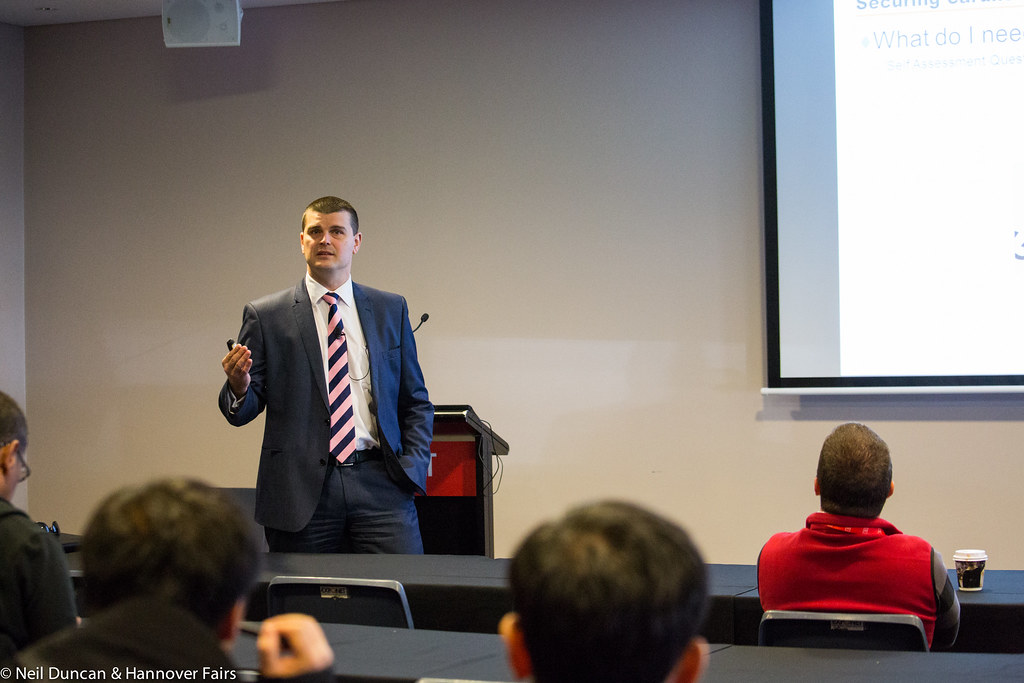Florida’s recent legislative changes regarding immigration have sparked a vigorous debate across the state. The new laws have not only altered the legal landscape for undocumented immigrants but have also had far-reaching effects on Florida’s labor force, particularly in sectors already struggling with shortages. As these laws are implemented, the state finds itself at the crossroads of policy, economics, and human rights.
Overview of Florida’s New Immigration Laws

In 2023, Florida introduced a set of immigration laws designed to tighten the screws on undocumented immigration. The legislation includes several key elements aimed at reducing the employment of undocumented workers and limiting their access to state services. This move is hailed by supporters as a necessary step to protect American jobs and uphold immigration laws. However, critics argue that these laws may have unintended negative consequences, including exacerbating existing labor shortages.
Key Features of the New Laws

The new laws are multifaceted, targeting various aspects of immigration enforcement. Employers hiring undocumented workers now face significant fines and potential criminal charges. This is intended to deter businesses from employing individuals without legal work status. Non-citizens face new restrictions on accessing public benefits like healthcare and education, which supporters claim will preserve resources for citizens and legal residents. Additionally, local law enforcement agencies are now more involved in immigration enforcement, raising concerns about racial profiling and community trust.
The Labor Shortage Crisis

Florida’s economy is currently grappling with labor shortages, a situation that has been further complicated by the new immigration laws. Industries such as agriculture, hospitality, and construction are particularly affected. A decline in the workforce has led to increased wages and reduced productivity, as businesses struggle to fill positions. The COVID-19 pandemic and changing workforce demographics have also contributed to this crisis, but the new laws are seen as a significant factor in the ongoing shortages.
Statistics on Labor Shortages

The numbers paint a stark picture of the labor shortages affecting different sectors. In agriculture, there has been a reported 20% decline in available labor, making it difficult for farms to maintain production levels. The hospitality industry is also feeling the pinch, with 40% of hotels and restaurants unable to operate at full capacity due to staffing issues. Construction projects are experiencing delays and cost increases, with a 15% rise in project costs attributed to the lack of skilled labor.
Impact on Businesses

Businesses across Florida are feeling the impact of the new immigration laws. The heightened risk of penalties has made employers hesitant to hire, even when faced with pressing staffing needs. This reluctance has led to increased labor costs, as companies raise wages in an attempt to attract legal workers. Consequently, Florida’s businesses are facing operational limits, unable to expand or take on new projects, which hampers economic growth and competitiveness.
Community Reactions

The public’s response to the immigration laws is deeply divided. Some residents support the measures, viewing them as essential to safeguarding jobs for citizens and legal residents. Others, however, see the laws as detrimental to the economy and argue that they unfairly target immigrant communities, who are vital to the workforce. Advocacy groups have been vocal in their opposition, organizing protests and calling for a more balanced approach that considers human rights and economic needs.
Key Community Perspectives

The community’s stance on the immigration laws reflects a wide range of opinions. Supporters argue that stricter immigration controls are necessary for job security and maintaining public order. Opponents highlight the economic contributions of immigrants and the negative impact of labor shortages on the state’s prosperity. Advocacy groups are pushing for reforms, emphasizing the need for policies that address both labor shortages and the rights of immigrant workers.
The Future of Immigration in Florida

The future of immigration policy in Florida remains uncertain, with lawmakers facing the challenge of balancing enforcement with economic needs. There are calls for solutions that could help mitigate labor shortages, such as introducing legal work permits for undocumented immigrants. Additionally, investing in workforce development programs to enhance the skills of legal residents could provide a long-term solution to the labor crisis.
Possible Solutions

Proposals for addressing the labor shortages include various strategies. Temporary work permits for undocumented immigrants could provide immediate relief to sectors in dire need of workers. Workforce development initiatives could equip local residents with the skills needed to fill existing job vacancies. Comprehensive immigration reform is also on the table, offering a broader approach to solving the root causes of labor shortages while ensuring fair treatment for all workers.
Conclusion

Florida’s new immigration laws have ignited a complex debate amid ongoing labor shortages, underscoring the intricate relationship between immigration policy and economic health. As the state navigates these challenges, the need for constructive dialogue and innovative solutions becomes increasingly apparent. The outcome of this debate will shape the future of Florida’s labor market and its ability to thrive in a rapidly changing world.



